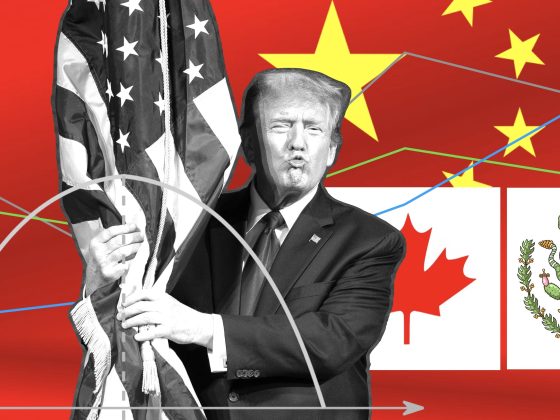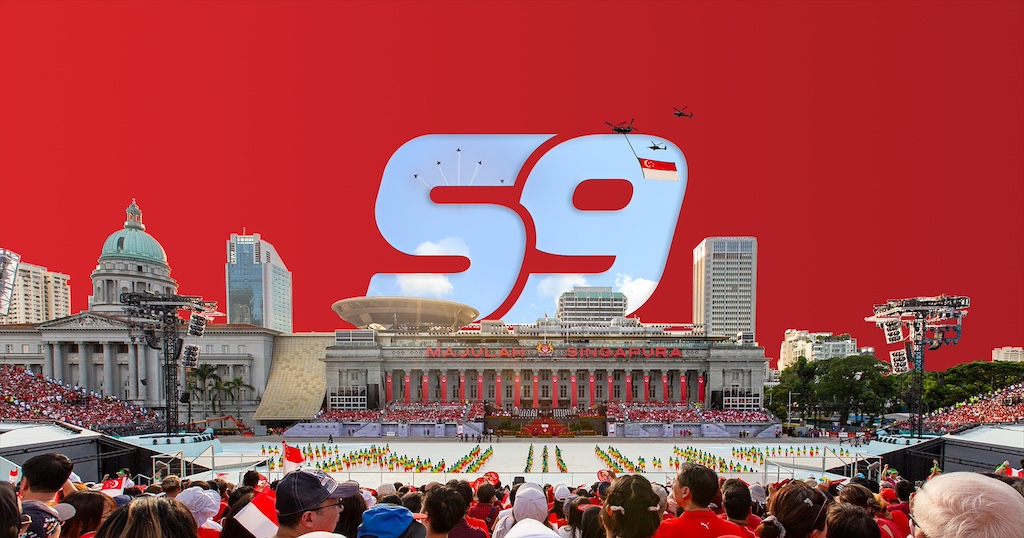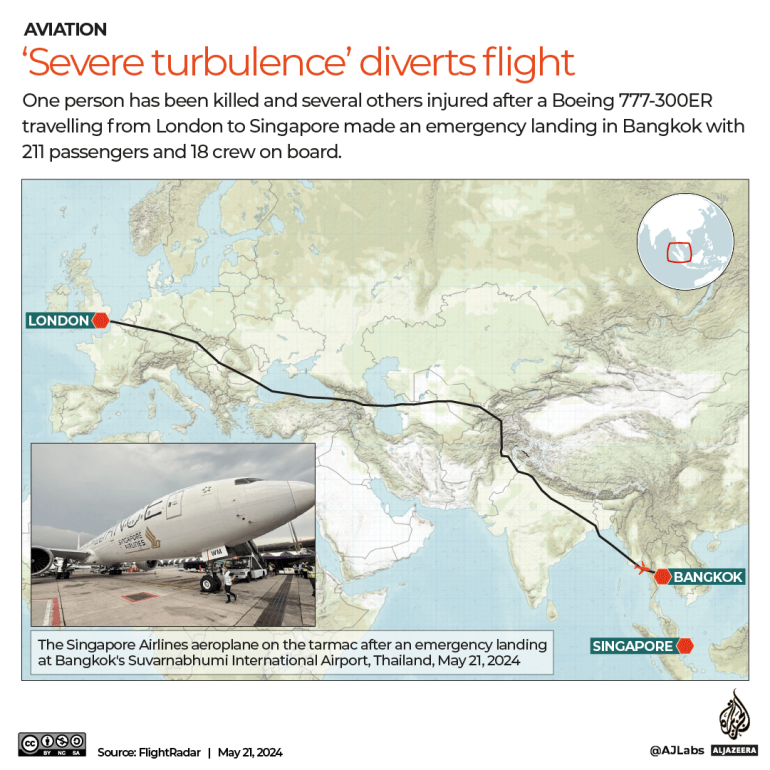Information on tap will become a reality for residents and business owners in Bukit Batok, Hougang, Jurong West, Tampines and Tuas, as well as the new estates of Tampines North and Tengah, when PUB rolls out the first phase of its Smart Water Meter Programme in early 2021. Some 300,000 smart water meters will be installed in residential, commercial and industrial premises at these locations by 2023.
In selecting these locations, PUB considered a range of factors including property mix, efficiency of deployment and the need to replace older water meters in estates such as Hougang and Tampines. About 90% of the 300,000 smart water meters will be located in residential premises, with the rest in commercial and industrial premises. PUB will call a tender in the first quarter to appoint a contractor for the smart water meter installation.
Additional push in water conservation efforts
Smart water meters, a key pillar in PUB’s efforts to promote water conservation through the use of digital technology, will provide data on customers’ daily water usage via a web portal. Similar to how fitness trackers provide individuals with fitness and health data, the smart meters will allow customers to have ready access to easy-to-understand and near real-time water usage data, thus empowering them to use water more efficiently.
Residents and business owners can receive high usage notifications and alerts of potential leaks promptly. With these alerts, they can fix the leaks quickly to reduce water loss and save money. Water consumption data from the smart meters will also augment PUB’s capabilities in early leak detection within the water supply network and in customers’ premises.
Based on PUB’s pilot trials of the smart water meters at Punggol and Yuhua in 2016 and 2018 respectively, about 10% of the total 800 households experienced leaks, which mostly occurred at the water cisterns. The pilot trials yielded positive results – households achieved average water savings of approximately 5% due to early leak detection and the subsequent adoption of water-saving habits. Residents who participated in the trials had found the data on daily usage trend to be the most useful feature.
Smart utility of the future
Said Mr Ridzuan Ismail, PUB’s Director of Water Supply (Network): “The rollout of the first phase of PUB’s Smart Water Meter Programme heralds a game changer in the quest to get Singaporeans to appreciate the value of water, as well as our vision to become a smart utility of the future. The smart water meter is a prime example of how we can leverage technology to significantly improve our productivity as we do away with manual meter reads. By applying smart water technologies, we are transforming our operations and planning, enabling access to near real-time monitoring and data across the water network.”
Unlike the current meters being used, data from the smart water meters will provide PUB with time-specific information on the amount of water customers use – for instance, which part of the day experiences higher demand – and better plan for changes that need to be made to the water system.
Last August, global engineering firm Jacobs was appointed as the Advanced Metering Infrastructure (AMI) specialist for PUB’s Smart Water Meter Programme, tasked to evaluate and provide advice on meter devices and technology. Beyond the hardware, PUB is also reviewing the business services that supports water billing to enhance overall customer experience by providing a smooth and seamless process from metering to billing.










